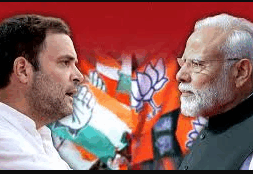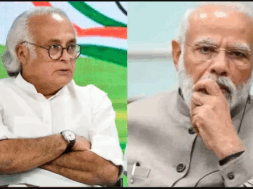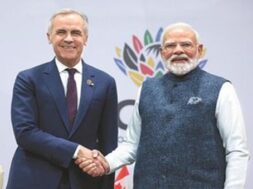
Hindenburg: Indian, US securities crackdown on short-sellers
Virendra Pandit
New Delhi: Short-sellers using fraudulent means to make quick gains are now facing the heat from stock market regulators, especially in India and the US.
After the Hindenburg published its claims against the Adani Group in January 2023, shaving off billions of dollars of investors, the Indian and US regulators have tightened the screws on such short-sellers, the media reported.
The Security and Exchange Board of India (SEBI) and the US Securities and Exchange Commission (SEC) are probing short-sellers allegedly practicing fraudulent trading methods and violating research norms.
Short-selling is an equity market trading tactic wherein some investors speculate on a particular stock’s decline, create artificial volatility, and make quick gains, leaving many investors in losses. The market regulators have now started scrutinizing this strategy unscrupulous traders follow.
Recently, the US SEC charged one such short-seller, Andrew Left, with committing fraud through his stock trades, social media activity, and research reports, indicating an escalating crackdown on dubious traders promoting negative stock positions in America, according to a Bloomberg report.
The US regulator found that Left, operating through his firm Citron, illegally generated nearly USD 20 million in profits from trading activities involving some two dozen companies.
Besides, the US Justice Department has also framed criminal charges against Left, accusing him of securities fraud and of allegedly misleading investigators about his compensation from hedge funds.
According to the US investigators, Left practiced a tactic to rapidly close his positions after publishing a so-called research report or making public comments. This tactic allowed him to capitalize on short-term price fluctuations.
“The SEC reminds investors to be skeptical and never make investment decisions based solely on information from social media or other unverified platforms,” the US regulator cautioned investors.
Recently, the SEBI issued a show-cause notice to Hindenburg Research, Nathan Anderson, and the entities of Mauritius-based foreign portfolio investor Mark Kingdon for alleged trading violations in the scrip of Adani Enterprises Ltd, the flagship company of India’s conglomerate, which led to the Hindenburg Report and its aftermath.
SEBI alleged that Hindenburg and Anderson violated regulations related to fraudulent and unfair trade practices and the code of conduct for research analysts.
It pointed out that the Hindenburg and the FPI entities undertook misleading disclaimers that the report was solely for the valuation of securities traded outside India when it pertained to listed entities in India. Kingdon aided Hindenburg to indirectly participate in Adani Enterprises by collaborating with the short-sellers to trade in the company’s futures in the Indian derivatives and share profits with the research firm.
According to the show-cause notice, SEBI found that before the report’s release, short-selling activity was witnessed in the futures of Adani Enterprises. After its publication, the share price lost 59 percent of its value within a month, between January 24 and February 22, 2023.
The SEBI investigation revealed that K-India Opportunities Fund – Class F opened a trading account and started trading in the scrip of Adani Enterprises before the release of the report. The FPI then squared off the positions making a profit of USD 22.25 million (Rs 183.24 crore).
However, despite the exposure, Hindenburg continued to defend its January 2023 report. The Adani Group denied allegations leveled by the short-seller.
The Supreme Court of India dismissed a review petition filed against its judgment in the Adani Group-Hindenburg Research case, reposed confidence in SEBI’s regulatory powers, and ruled that petitioners could not provide enough material to transfer the probe to a special investigation team.













